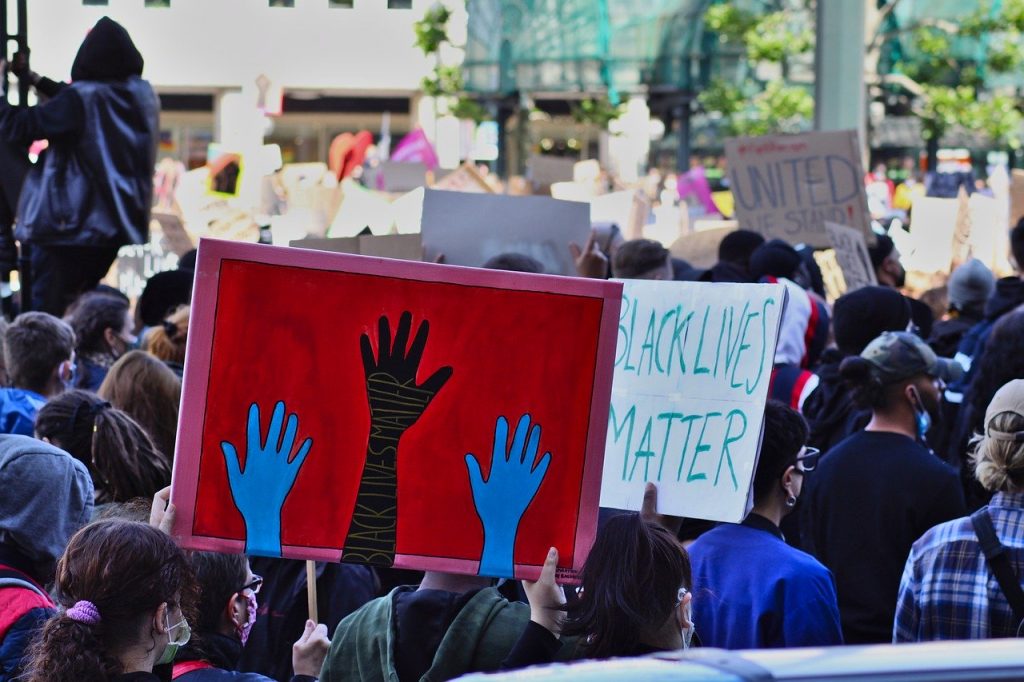Abstract:
Background: In 2020, the long-lasting effects of the Covid-19 virus were not included in public messages of risks to public health. Long Covid emerged as a novel and enigmatic illness with a serious and life-changing impact. Long Covid is poorly explained by objective medical tests, leading to widespread disbelief and stigma associated with the condition. The aim of this organic research is to explore the physical and epistemic challenges of living with Long Covid.
Methods: Unlike any previous pandemic in history, online Covid communities and ‘citizen science’ have played a leading role in advancing our understanding of Long Covid. As patient-led research of this grassroots Covid community, a team approach to thematic analysis was undertaken of 66 patient stories submitted online to covid19-recovery.org at the beginning of the Covid-19 pandemic between April and September 2020.
Results: The overriding theme of the analysis highlights the complexities and challenges of living with Long Covid. Our distinct themes were identified: the life-changing impact of the condition, the importance of validation and how, for many, seeking alternatives was felt to be their only option.
Conclusions: Long Covid does not easily fit into the dominant evidence-based practice and the biomedical model of health, which rely on objective indicators of the disease process. Patient testimonies are vital to understanding and treating Long Covid, yet patients are frequently disbelieved, and their testimonies are not taken seriously leading to stigma and epistemic injustice, which introduces a lack of trust into the therapeutic relationship.
Patient contribution: The research was undertaken in partnership with our consumer representative(s) and all findings and subsequent recommendations have been coproduced.
Source: Ireson J, Taylor A, Richardson E, Greenfield B, Jones G. Exploring invisibility and epistemic injustice in Long Covid-A citizen science qualitative analysis of patient stories from an online Covid community. Health Expect. 2022 May 12. doi: 10.1111/hex.13518. Epub ahead of print. PMID: 35557480. https://onlinelibrary.wiley.com/doi/10.1111/hex.13518 (Full text)


